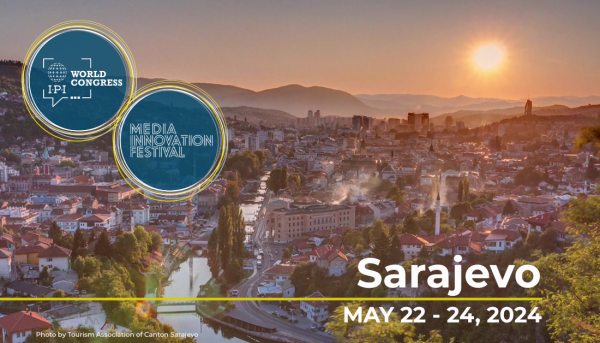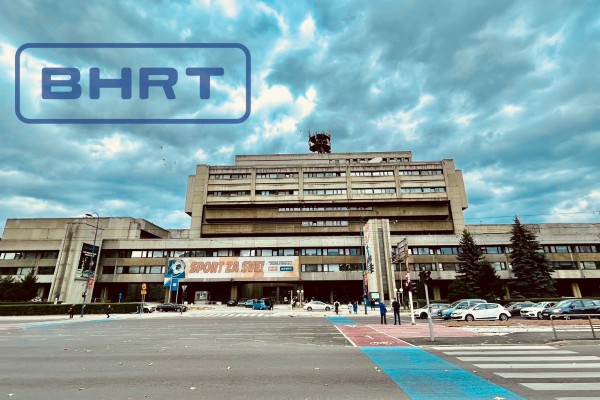The International Press Institute (IPI) and its affiliate, the South East Europe Media Organisation (SEEMO), today expressed outrage following a Turkish court’s decision yesterday sentencing five journalists to life in prison.
According to local media, a court in Istanbul handed the journalists – Füsun Erdoğan, Bayram Namaz, İbrahim Çiçek, Ziya Ulusoy and Arif Çelebi – life sentences after convicting them of “violating the constitution by using violence and force” as part of a long-running case against the Marxist-Leninist Communist Party (MLKP), according to local media. A sixth journalist, Sedat Şenoğlu, was sentenced to a seven-and-a-half years in prison.
“We find it disturbing not only that more than 60 journalists remain behind bars in Turkey, but that authorities seem so determined to keep them there,” IPI Press Freedom Manager Barbara Trionfi said. “We saw this in August, when nearly two dozen journalists accused of involvement in the alleged Ergenekon coup plot were given sentences varying from five years to life. Such sentences are far too harsh, especially in the case of Ms. Erdoğan, given the paucity of evidence linking her to the alleged crime.”
Authorities accuse Erdoğan – a dual Dutch-Turkish citizen who was a founder and director of opposition broadcaster Özgür (Free) Radio, and who formerly wrote for news website Bianet – of leading the MLKP, which Turkey’s government labels a terrorist organisation. However, she and her supporters maintain that authorities provided no concrete proof of her involvement in the organisation and they argue that she was targeted for her work as a journalist.
Erdoğan and Namaz, former editor of the newspaper Atılım, are among the journalists who have been held the longest in Turkish prisons, having spent more than seven years behind bars since they were taken into custody in September 2006. International organisations have criticised the case against Erdoğan as weak and she has been widely held up an example of the lengthy imprisonments and delays in trial that Turkish journalists face. In July, the Turkish Journalists’ Association (TGC) awarded Erdoğan one of its annual Press Freedom Awards on behalf of all journalists imprisoned in the country.
Kadri Gürsel, chair of IPI’s Turkish National Committee and a columnist with the daily Milliyet, said: “The fact that Füsun Erdoğan’s extremely heavy sentence is not supported by solid evidence indicates that the real reason for it is her critical journalism.” Gürsel, who the TGC also honoured with a Press Freedom Award in July, added: “Once again, journalism is severely punished under the pretext of terrorism.”
SEEMO Secretary General Oliver Vujovic commented: “We call on European parliamentarians at the Council of Europe, as well as the European Commission, the U.S. State Department and all relevant international institutions, to monitor more closely developments in Turkey. We also urge Turkey’s government – including the president, the prime minister and members of parliament – to do more to improve press freedom in the country, including making real reforms to overly broad Turkish anti-terrorism law.”
Dutch media reported widely on Erdoğan’s conviction yesterday. Dutch Foreign Minister Frans Timmermans, however, was quoted as saying the country could do little to help Erdoğan given her dual nationality.
“The Netherlands does not get involved in Turkish legal matters,” he reportedly said.


